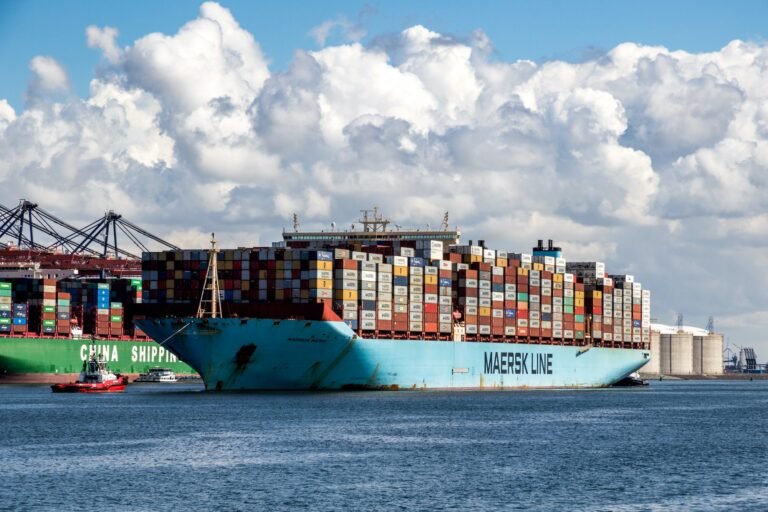Improvement in Schedule Reliability Despite Port Congestion in North European Ports
By Gavin van Marle (The Loadstar)
Despite ongoing reports and warnings of worsening port congestion levels in North European ports, container shipping lines’ schedule reliability to the region saw a marked improvement in May.
According to new data from Sea-Intelligence Consulting, 66.8% of all vessels on the Asia-North Europe trade arrived on time during the month, a 12.4% improvement over April and up 18% year-on-year.
Gemini was the most reliable carrier alliance with schedule reliability of 85.4%, followed by Ocean Alliance at 68.8%, MSC at 68.7%, and the Premier Alliance following far behind at 35%, although it was up on the 21.1% it had shown in the previous month.
Meanwhile, there has also been a steady decline in the number of port omissions during the last few months at the top five North European hubs of Antwerp, Rotterdam, Bremerhaven, Hamburg, and Le Havre – in February and March, port omissions reached 13% of the total arrivals, a level which was almost on a par with the pandemic peak.
However, according to Sea-Intelligence, omissions dropped to 9% in April and to 7% in May.
“A drop in port omissions even with widespread reports of port congestion in May could mean one of two things: Carriers have decided that nothing can be done about port congestion, and they have no option but to call these ports contingencies and plan out; or carriers remove the port from their rotation altogether, until the situation improves,” the analyst said.
According to Kuehne + Nagel, terminal yard utilization remains high across the region – several Antwerp terminals are reported to be above 90% utilized, while Rotterdam, Bremerhaven, and Hamburg are at 80%-85% utilization.
According to most port industry analysts, anything above a 75% utilization level is when congestion begins to occur.
And with a full rail shutdown across Hamburg’s terminals scheduled for 4-8 July, utilization levels across German ports are expected to significantly worsen over the coming weeks.
On the Asia-Mediterranean trade, Gemini was also the most reliable carrier alliance with schedule reliability of 79.3%, followed by MSC at 73.4%, Premier Alliance at 48%, with the Ocean Alliance lagging at 30%.
Across the deep-sea global networks operated by the alliances, the Gemini Cooperation hit an on-time arrival rate of 88.4%, a 1.2% improvement over the previous month, while MSC’s standalone network was the second most reliable, with an on-time arrival rate of 77.9%, with the Ocean and Premier alliances far behind, at 57.4% and 52.7% respectively.
On the increasingly unpredictable transpacific eastbound trade to the US west coast, beset by shipper worries over tariffs, there was a huge disparity in reliability performance between the different groupings, possibly reflecting the different manners in which they dealt with the recent wild swings in volumes – the Gemini Cooperation reached 98.5% on-time reliability, although this was down from 100% in the two previous months.
In contrast, MSC managed just 50% schedule reliability, and Ocean and Premier alliances were 65.2% and 64.2% respectively.
Meanwhile, US carrier Matson continued to be the most reliable transpacific carrier with a 100% score.
The Loadstar is known at the highest levels of logistics and supply chain management as one of the best sources of influential analysis and commentary.
Subscribe for Daily Maritime Insights
Sign up for gCaptain’s newsletter and never miss an update
— trusted by our 109,138 members

